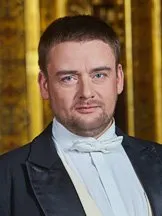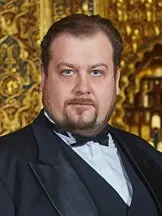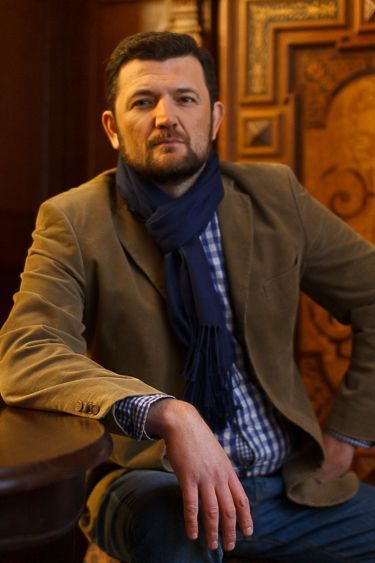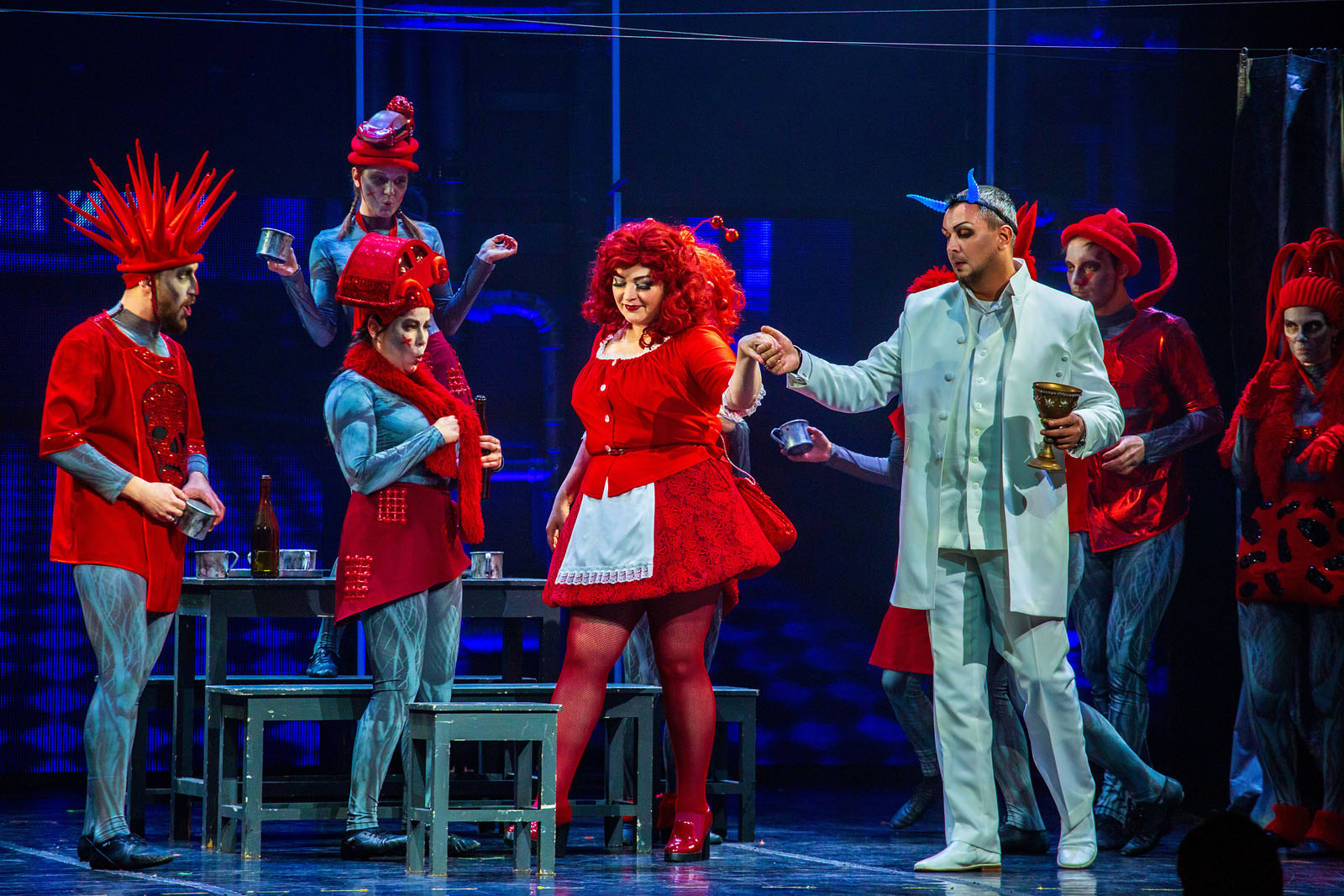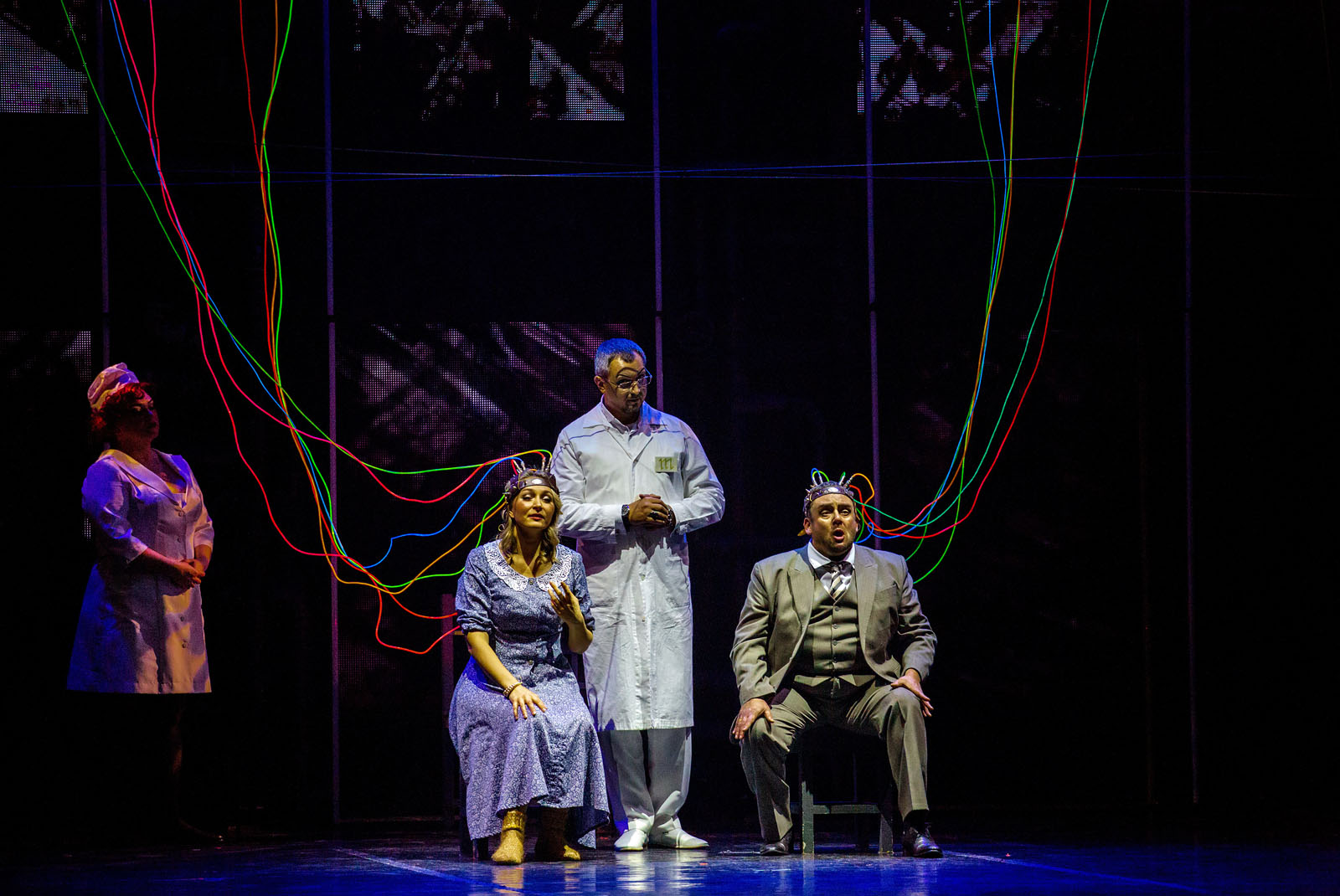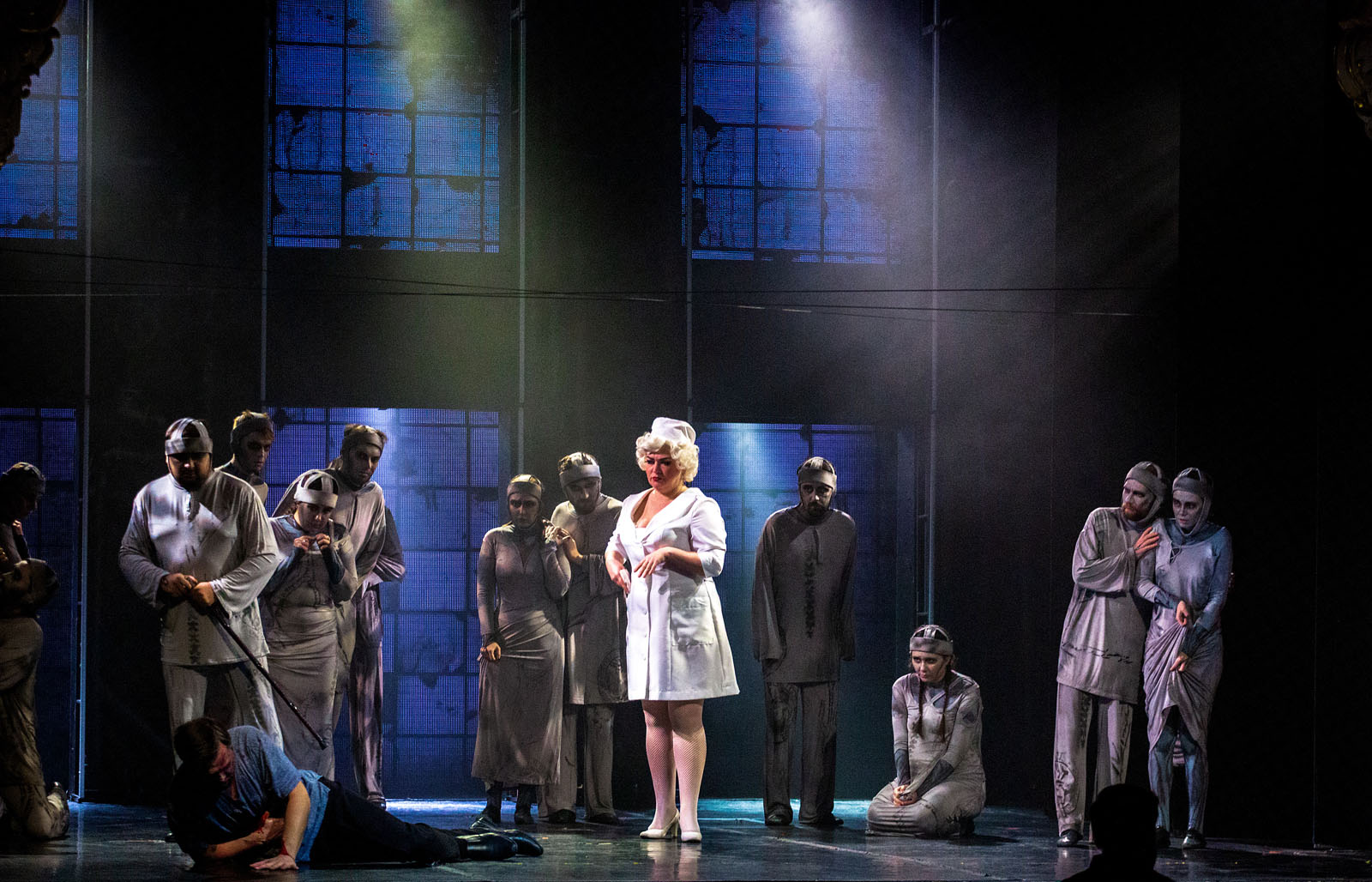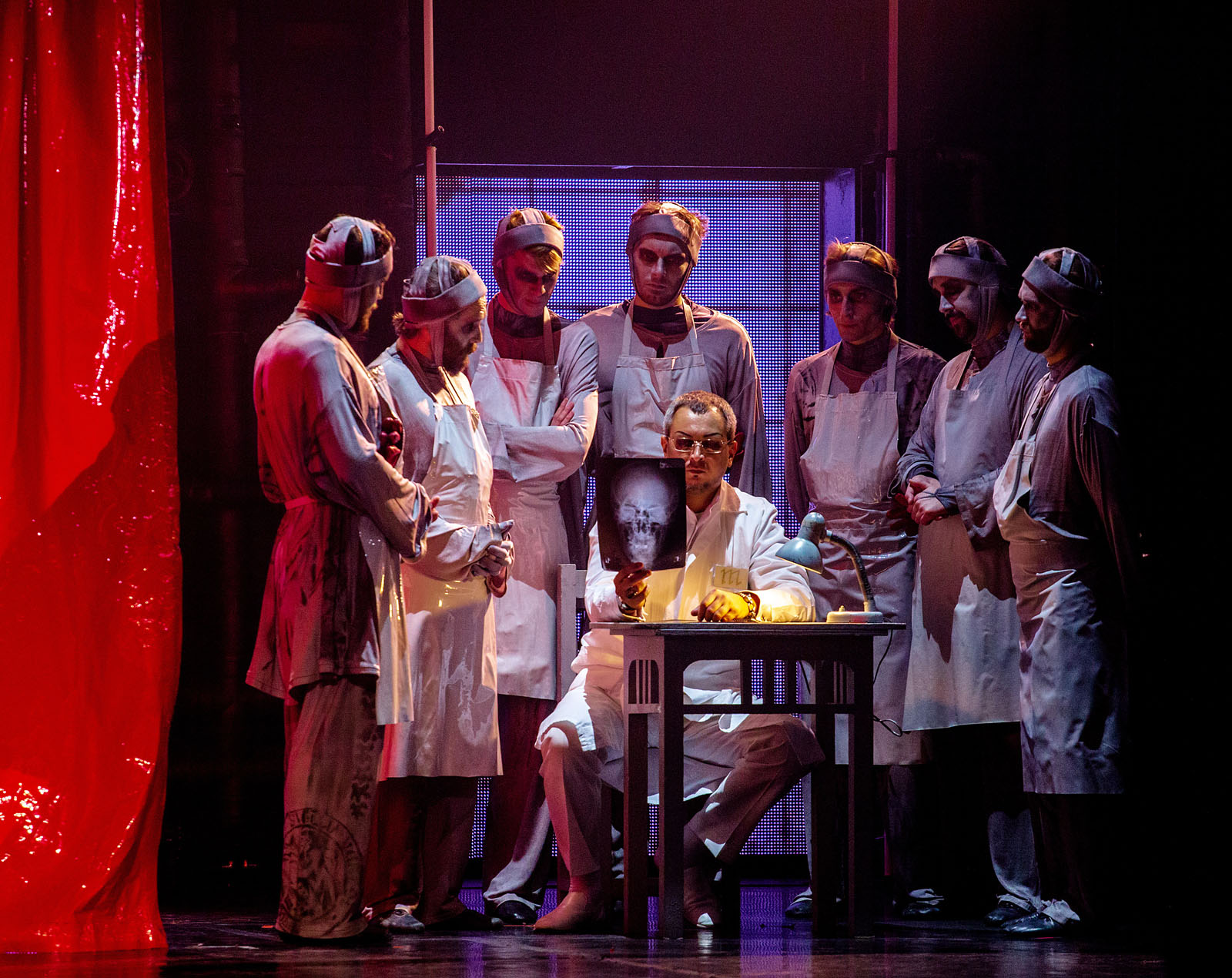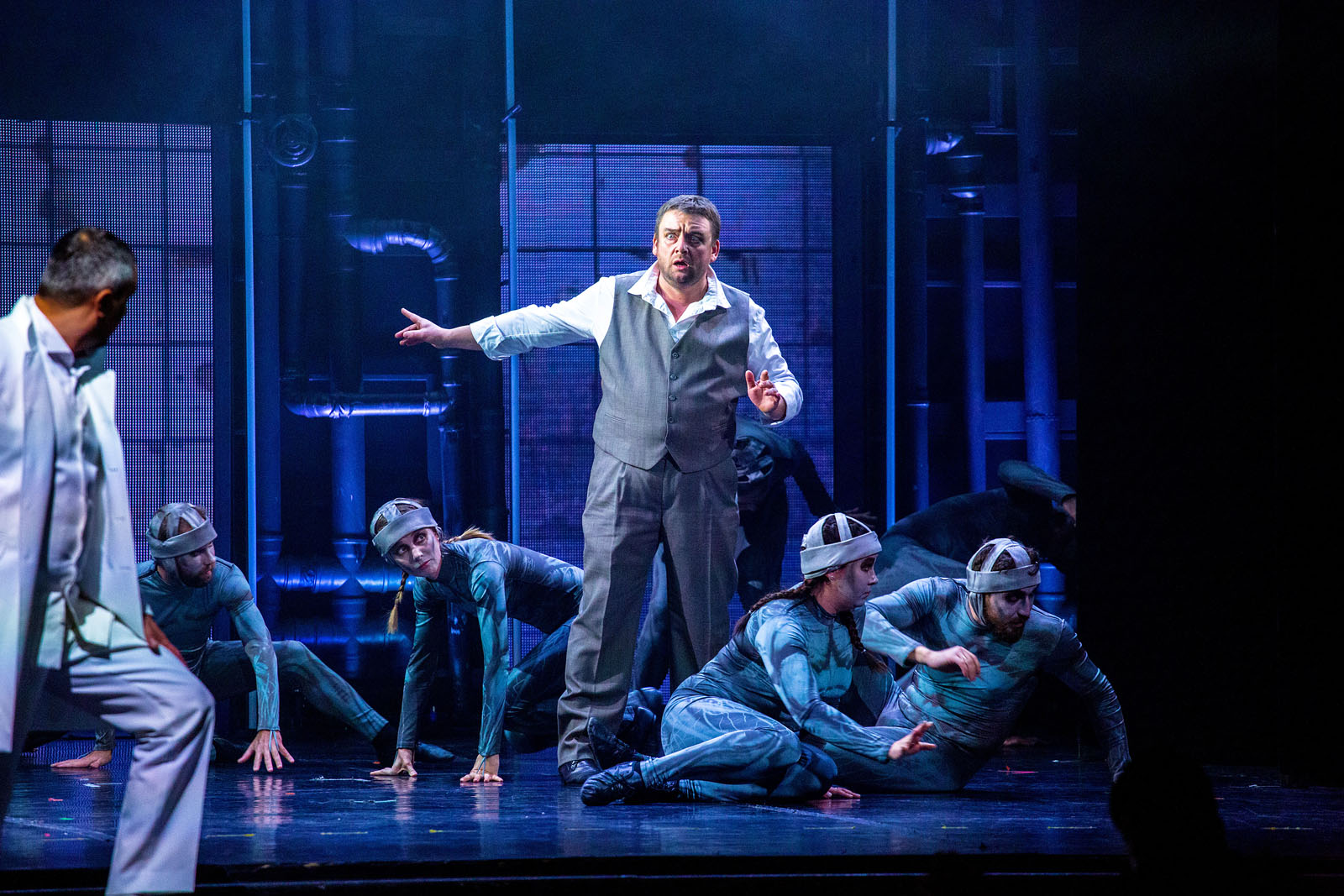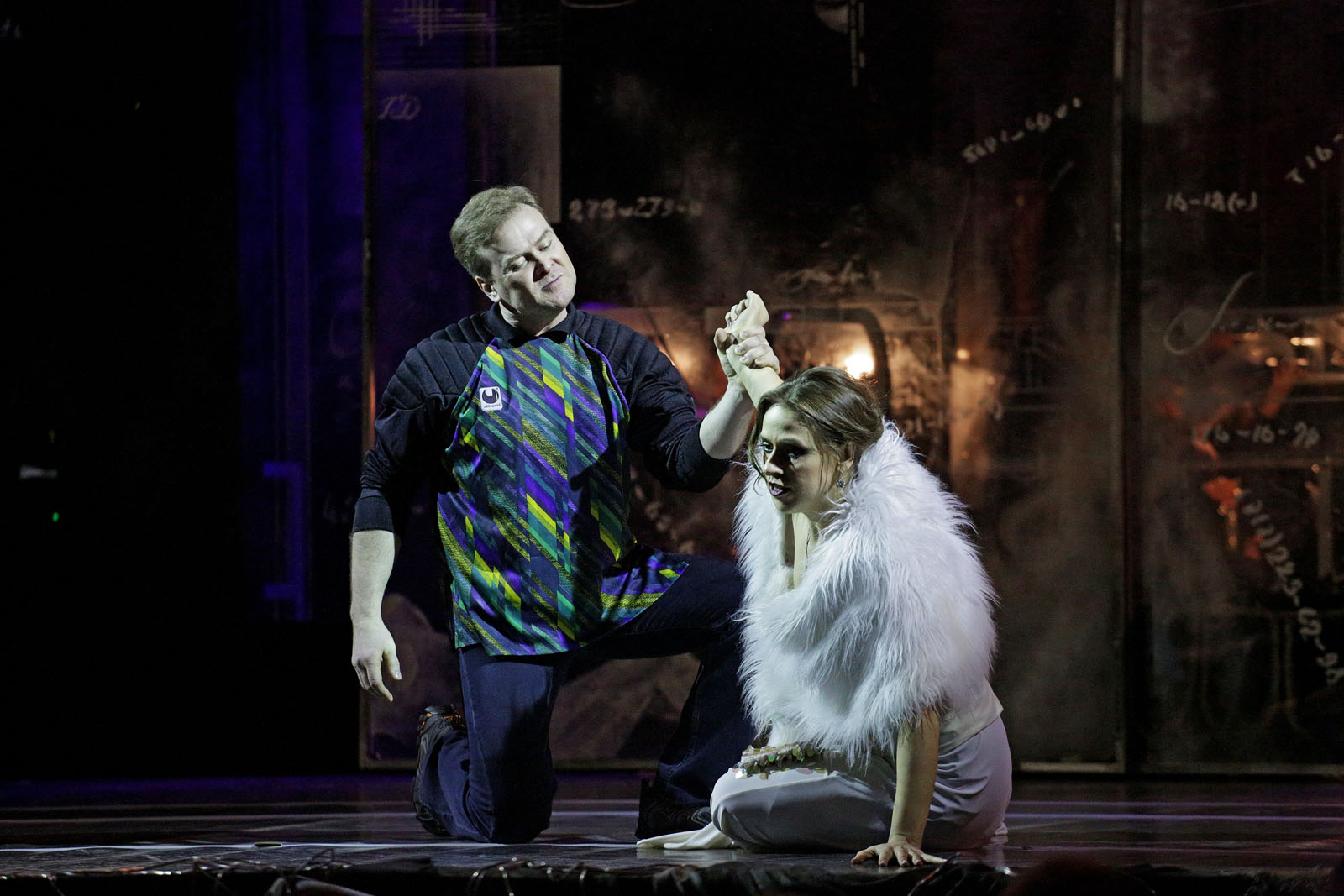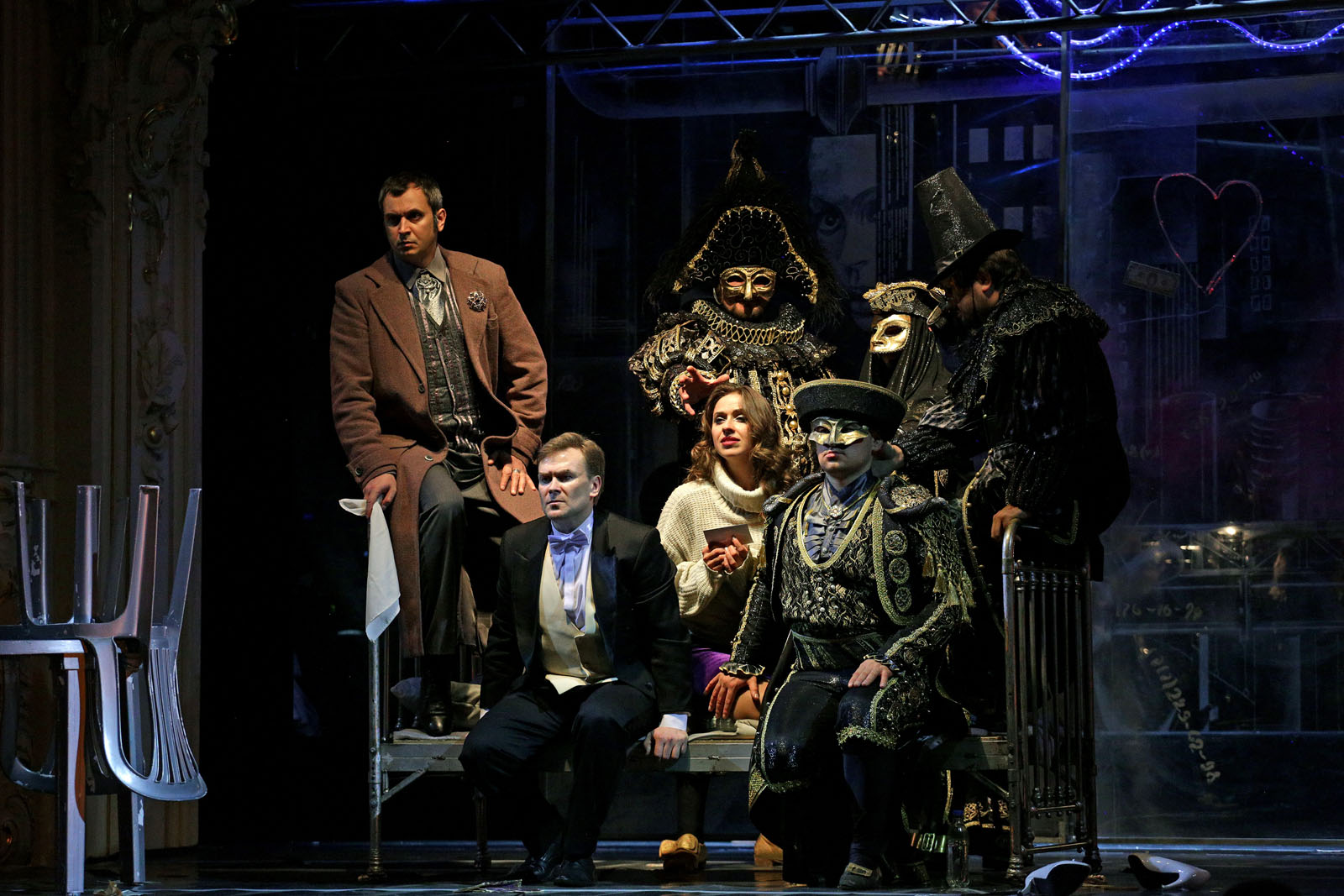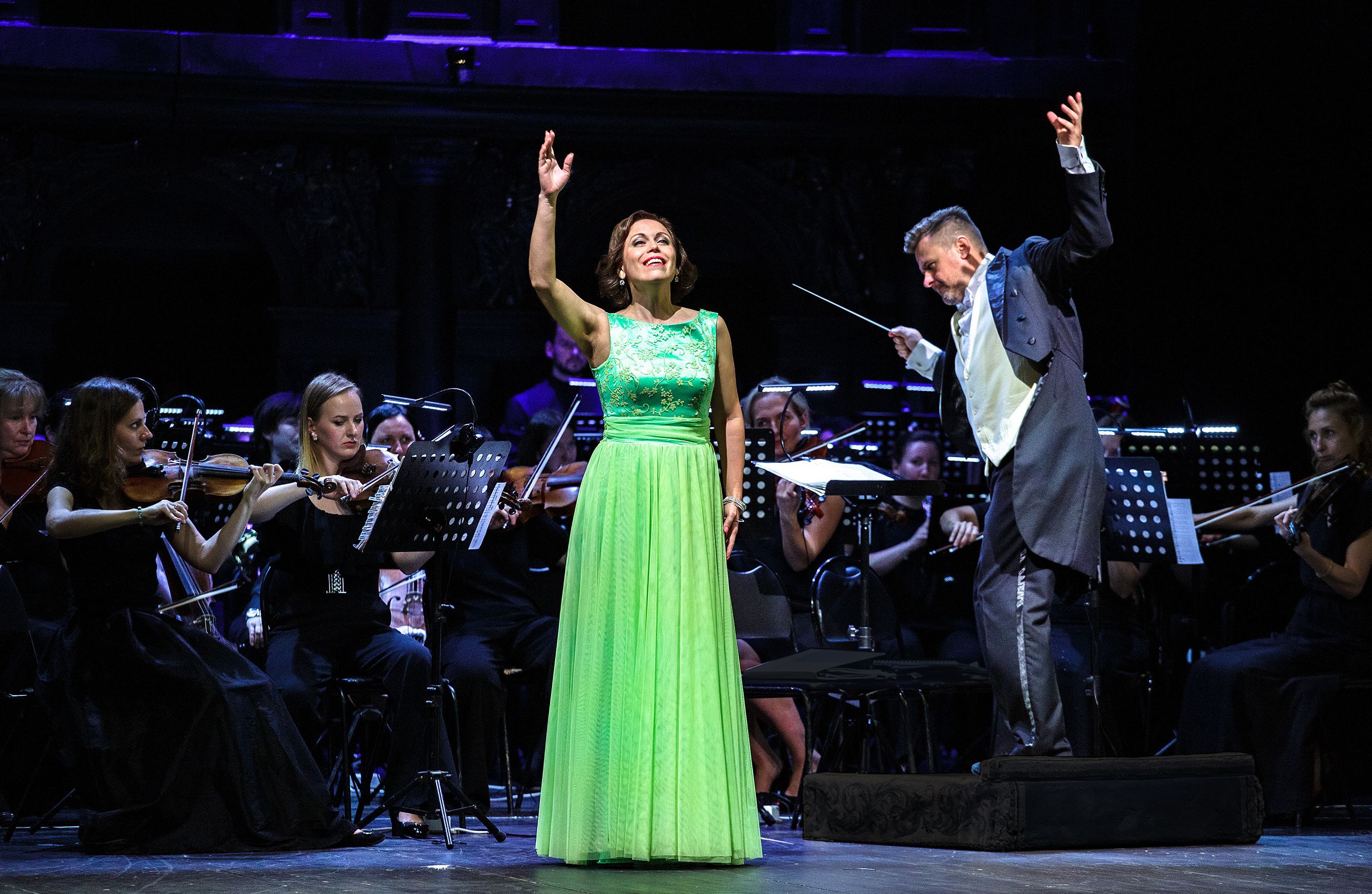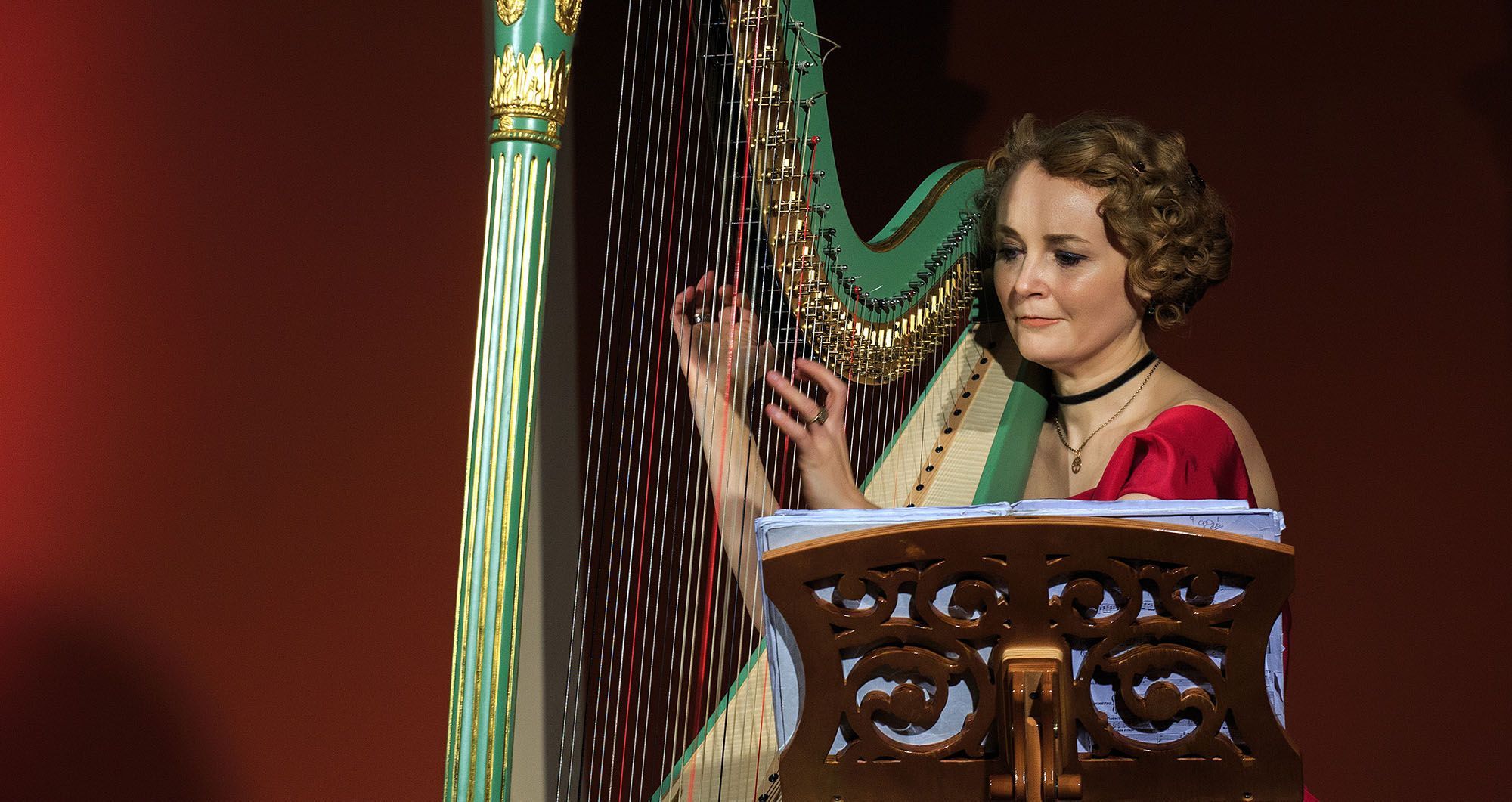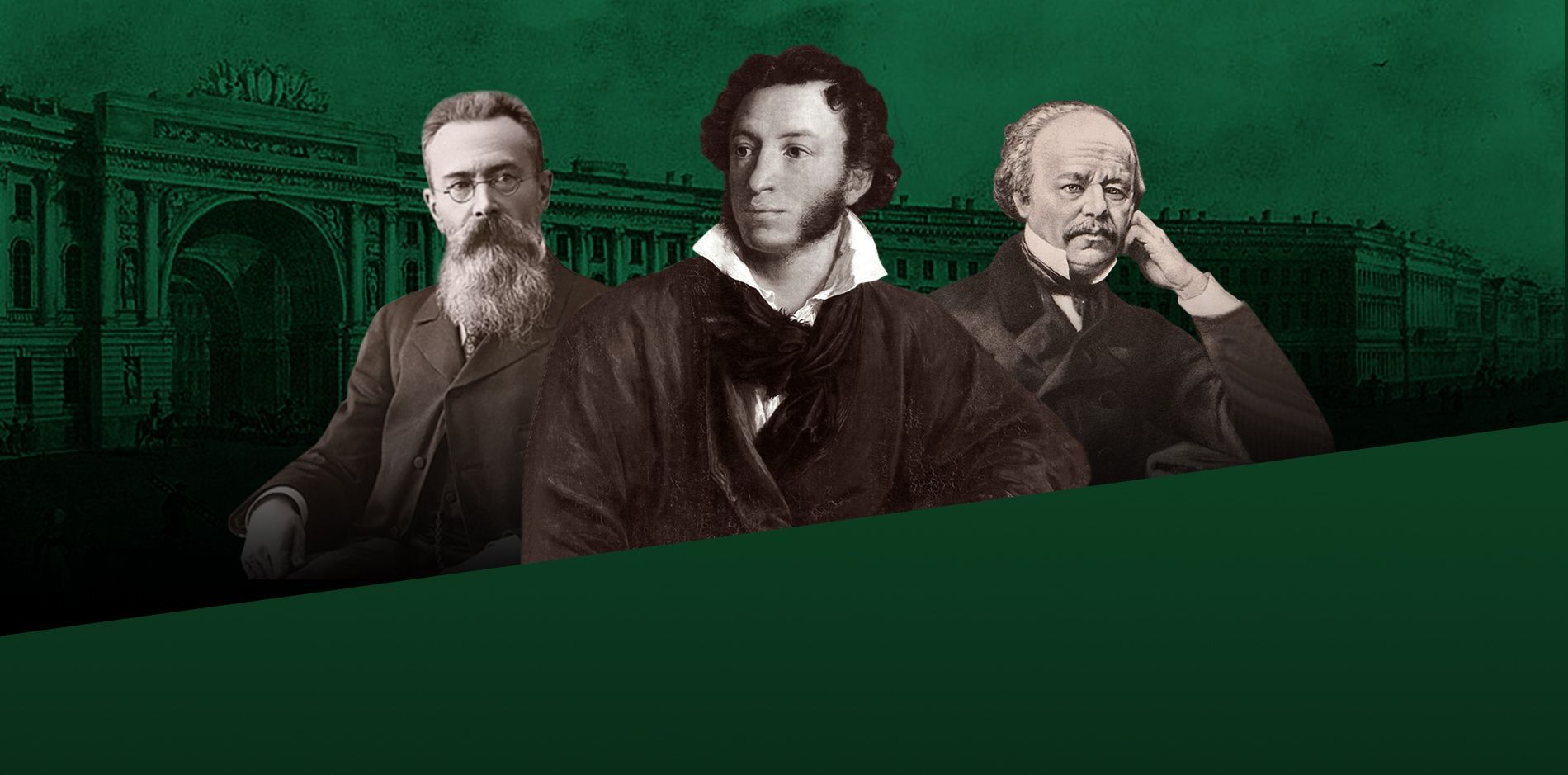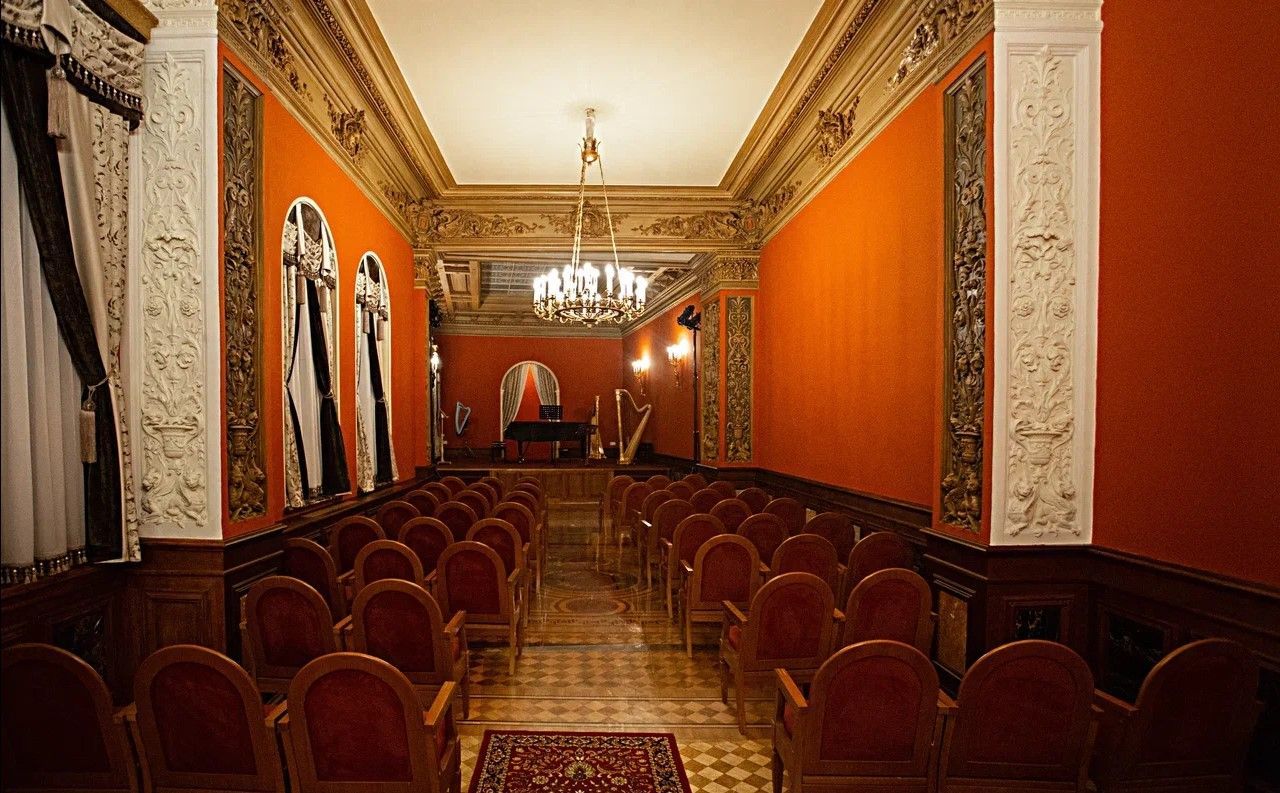Break 15:00–16:00
Faust
In a modern expressive performance, Yuri Alexandrov raises eternal philosophical problems.
19 May,
Sunday,
19:00



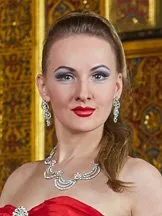
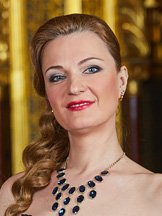
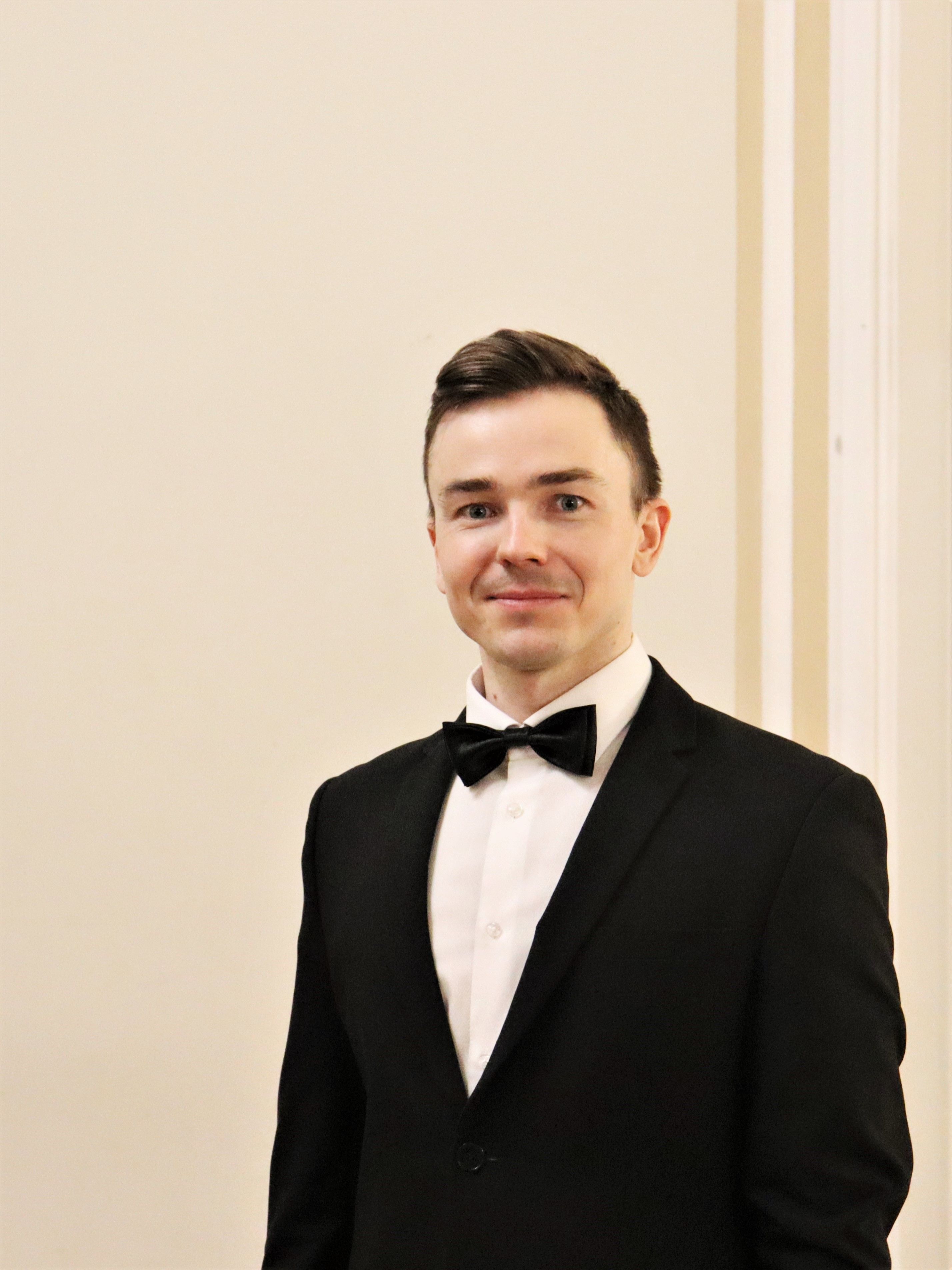



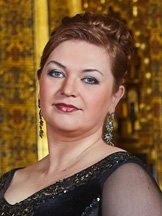
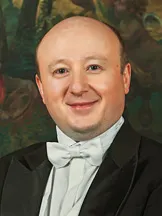
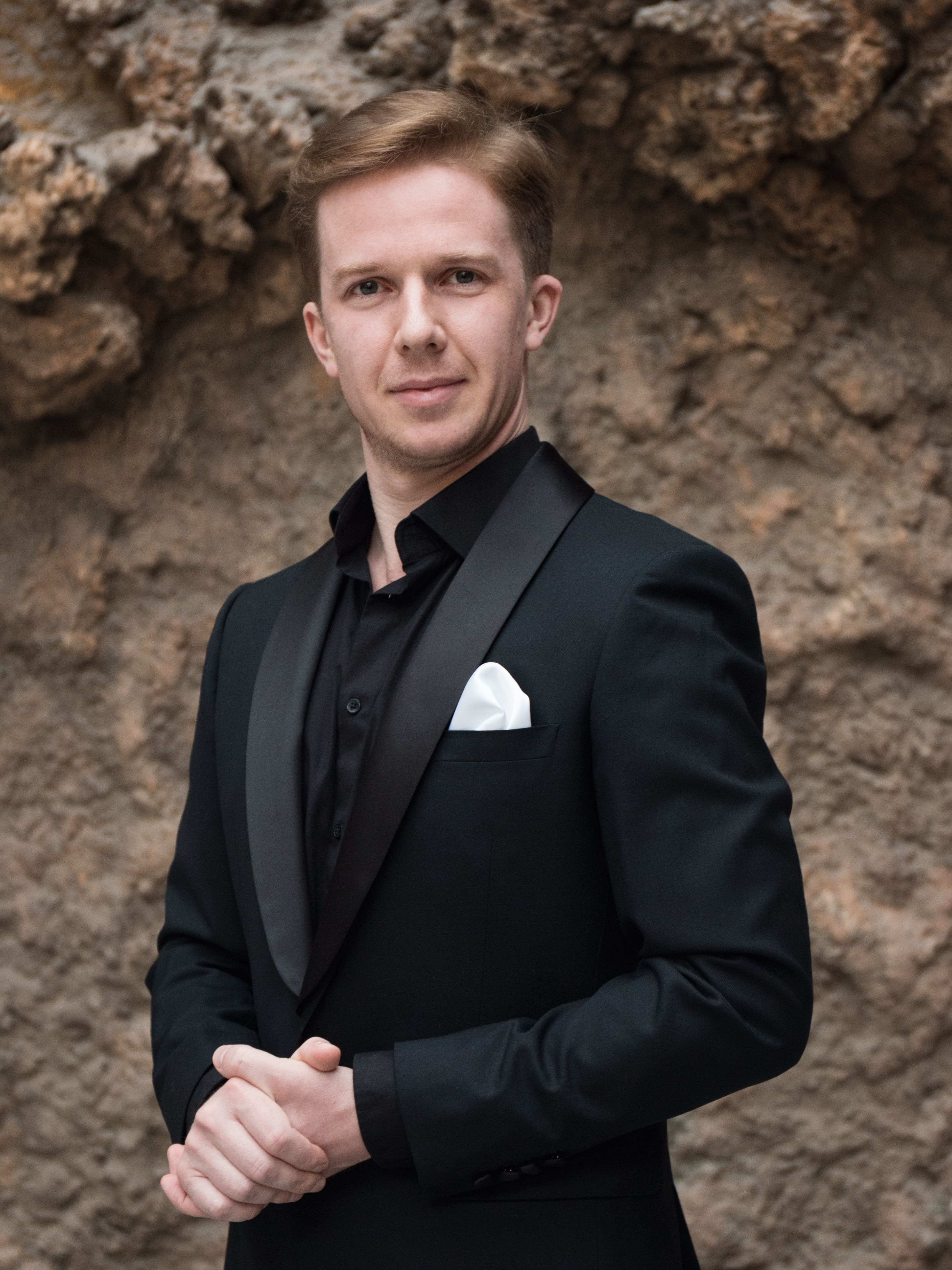
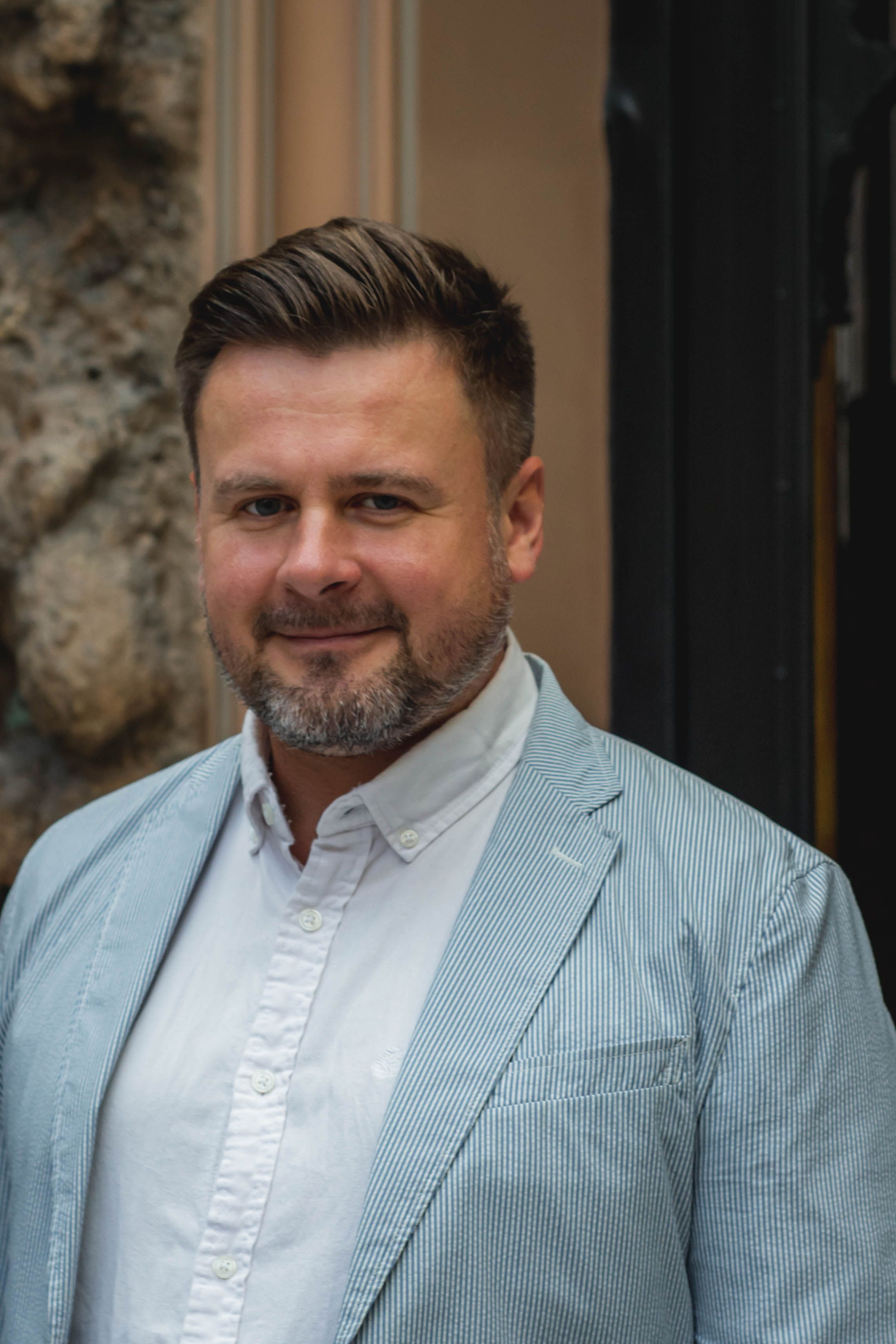








“Life and Death, Rise and Fall, God and Devil ...
These universal categories accompany humanity throughout its entire existence. Today we have come to terms with the fact that for someone life can become hell, and death can become a desired deliverance from torment.
Science of the 21st century is ready to clone its own kind, successful experiments allow changing organs and, in special cases, preserving, freezing a decrepit body, in order to replace it with someone else’s - new, energetic and muscular after many years, without thinking that the human body is not old a suitcase, but a receptacle for the Soul that the Lord put in us. Only the Soul is immortal, and dying is the same natural process as birth, as the miracle of motherhood and the great mystery of love...
Faust is ready to pay any price for youth, without thinking that, violating natural laws, he plunges Nature and himself into an endless chain of crimes. This realization may come too late, too late...
The main struggle is for souls, because it is much easier to manage people without memory, love, faith and hope. To zombify humanity, turning it into a resigned herd, it is the devilish idea of the ruler of the underworld! Maybe it is not needed to console oneself with the fact that Satan is somewhere out there, far away, in an old jacket with an elegant sword and a hat with a feather?
Maybe he is already here, among us – charming, energetic, alluring and omnipotent, giving healing, and we are all just patients?
So who are we? How can we live on? How to stay human? What kind of world are we creating?
Humanity has been given the right to choose a path. The characters of this drama make their choice – Faust, Marguerite, Valentin, Siébel, Marthe, Wagner...
Make your choice and you, my dear viewers.”
Yuri Alexandrov
The story of Doctor Faust is one of the most mysterious subjects of Western European culture. The first historical information about Faust dates back to 1507, and in 1599 the first literary processing of the legend appears.
Faust is a powerful embodiment of the lust for life. He appears as either a student-warlock, or a wandering scientist, leading a friendship with the devil, or a person who has learned the secrets of alchemy, the science of law and is familiar with magic.
Over the centuries, Faust and Faustianism have received a variety of interpretations and assessments, attracting poets, artists, musicians and philosophers.
The works created according to this plot are countless. The names of Goethe, Marlow, Lessing, Klinger, Lenau, Schumann, Liszt, Wagner, Mahler, Delacroix are only a small part of the authors of the grandiose Bibliotheka Faustiana.
In the 20th century, when Faustianism as one of the myths of Western European culture was subjected to rather sharp criticism, such masterpieces as Doctor Faustus by Mann and The Story of Doctor Johann Faust by Schnittke appeared.
The classic image of Faust was created by Johann Wolfgang Goethe. He wrote the first version of Faust in 1773-1775, but only after 30 years of work on the drama, Goethe published its first part, containing the story of Faust before the death of Marguerite. This part comes to life in Gounod’s music, and the opera was originally called Marguerite. An opera based on Goethe’s Faust was conceived by Charles Gounod in 1839, but he began to implement his plan only 17 years later. Librettists Jules Barbier and Michel Carré enthusiastically set to work (the translation of Faust into Russian was carried out by V. Vronchenko, E. Huber, B. Pasternak, and others). In the midst of composing music, it became known that the melodrama Faust had appeared on the stage of one of the Parisian theatres, so the director of the Théâtre Lyrique, to which Gounod had offered his opera, fearing competition, refused to stage it.
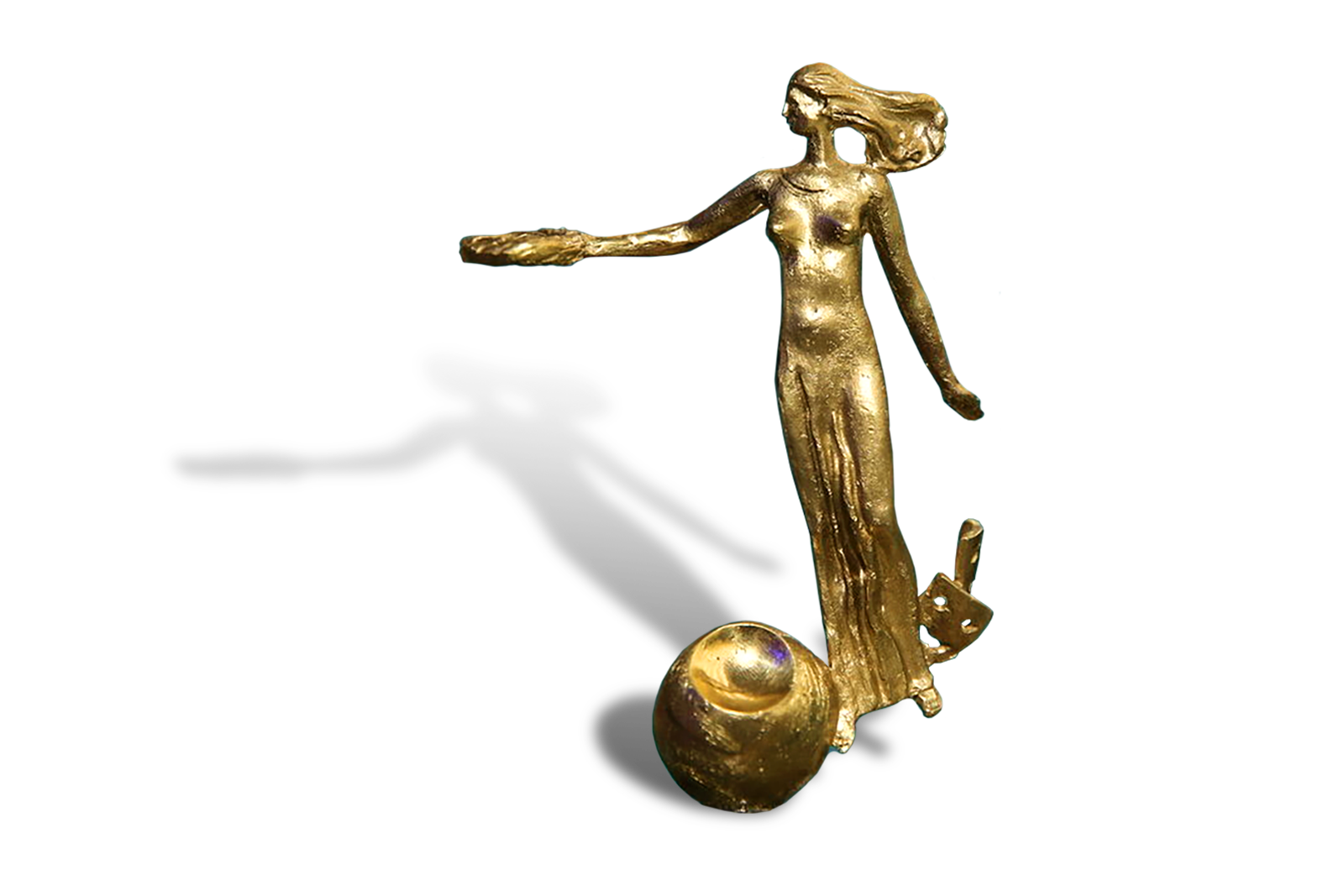
Номинация «Лучший спектакль в оперном театре», сезон 2016/2017

Номинация «Лучшая мужская роль в оперном спектакле» (Сергей Алещенко за роль Фауста), сезон 2016/2017









